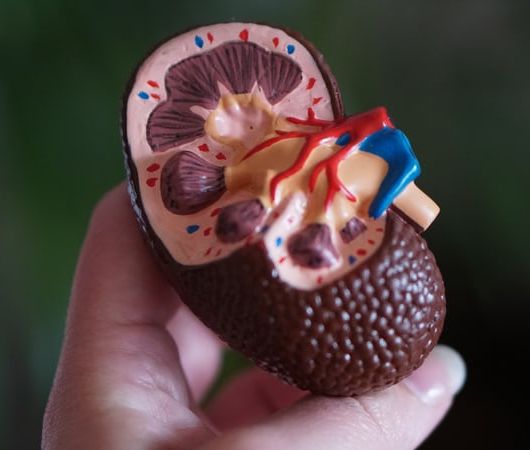Article
COVID-19 Vaccines Induce Serologic Responses in Kidney Transplant Recipients
Author(s):
Researchers report antibody responses in kidney transplant recipients and the impact of specific regiments utilized by select patients.

Researchers from the Strasbourg University Hospital in France confirmed that a third dose of messenger RNA (mRNA-1273) of the COVID-19 vaccine induced a serologic response in 49% of kidney transplant recipients with no response after the previous 2 doses.
Despite this, 51% of the patients did not develop anti–SARS-CoV-2 antibodies after the third dose, particularly those receiving triple immunosuppression.
Ilies Benotmane, MD, and colleagues conducted the study in response to low seroconversion rates in solid organ transplant recipients who received a mRNA COVID-19 vaccine recorded in earlier studies.
The team investigated the antibody response in kidney transplant patients who received a third dose of the vaccine, a recommendation made by the French National Authority for Health in April 2021.
The Study
Of the 159 kidney transplant recipients chosen for the study, all were required to follow up in the outpatient Kidney Transplantation Department of Strasbourg University Hospital between January 20, 2021, and June 3, 2021.
The study population was comprised of 61.6% men, and the median age for participants was 57.6 years. The median time from transplantation was 5.3 years.
Prior to receiving the third dose, participants were required to have a negative history for COVID-19 and SARS-CoV-2 antispike IgG levels less than 50 arbitrary units (AU)/mL on the day of the first vaccine injection and 1 month after the second dose.
Vaccines were distributed from April 9, 2021-May 12, 2021.
Investigators recorded anti–receptor-binding domain IgG responses after patients were administered third doses by using the ARCHITECT IgG II Quant test. Titers greater than 50 AU/mL were considered positive.
The third dose was administered 51 days after participants had received the second dose.
Results
Prior to the third dose, the 159 kidney transplant recipients in the stufy reported IgG levels less than 50 AU/mL. Reports showed that 95 patients (59.7%) had no antibody response after 2 doses, and 64 patients (40.3%) showed a response below the positivity limit.
Roughly 28 days after the third dose, the team reported that 78 patients (49%) had antibody levels greater than 50 AU/mL.
Benotmane and colleagues noted that patients who had a weak response after the second dose were more likely to develop an antibody response after the third dose compared with those without an antibody response (81.3% vs 27.4%, respectively).
Patients who took tacrolimus, mycophenolate, and steroids to cope with the previous dose were less likely to develop an antibody response. Those treated with other regiments were roughly 2 times as likely to develop an antibody response (63% vs 35%).
The number of patients who did not develop antibodies (51%) narrowly surpassed those who did (49%). They believed this suggested a lack of immunity but did not suggest that third doses were ineffective.
“In conclusion, the use of a third dose of vaccine may be considered in organ transplant recipients,” the investigators said.
The study, “Antibody Response After a Third Dose of the mRNA-1273 SARS-CoV-2 Vaccine in Kidney Transplant Recipients With Minimal Serologic Response to 2 Doses,” was published online in JAMA Network.





